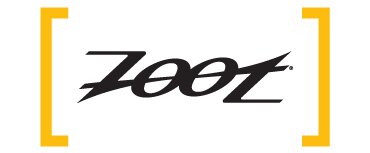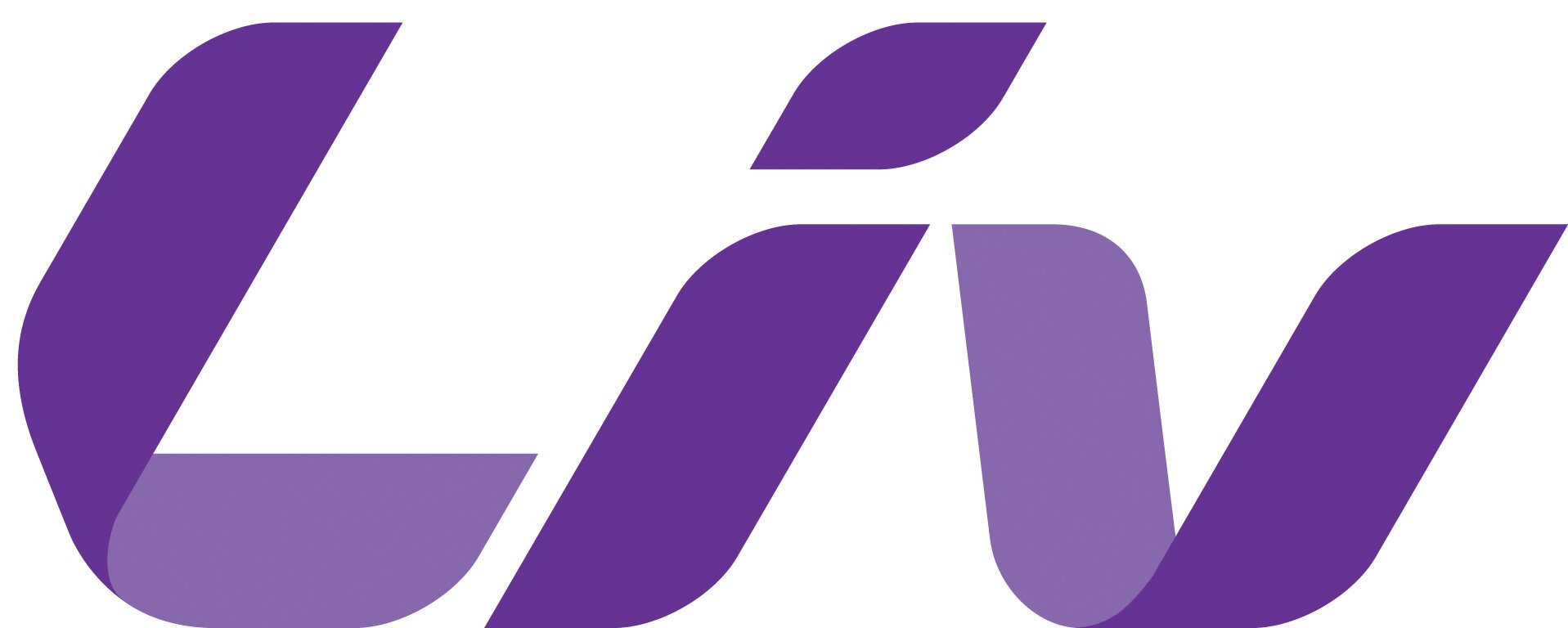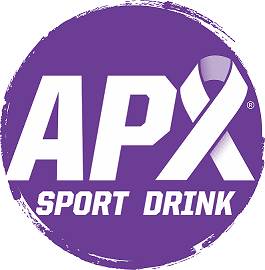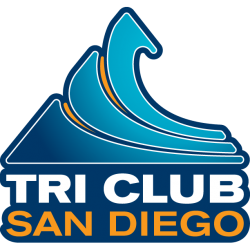Accidents, particularly bike wrecks, are an unfortunate fact of life in triathlon training. Several team members have been involved in wrecks, so we’ve compiled their advice and information on what to do if you or someone you’re with is in an emergency situation.
First things first : ALWAYS CALL 911 (or UCSD campus police at 858-534-4357)
Before you ride: bring personal identification
Why do I need this?
Almost half a million people a year are taken to the hospital unconscious with no identification whatsoever. This is a serious slowdown to your medical treatment generally and a life-or-death problem if you have any medical conditions. When you bike, bring along your ID and insurance card. If you have medicine allergies or other conditions, we also recommend Road IDs, which are a relatively cheap, unobtrustive way of notifying emergency responders, and increasing your own personal safety. Road IDs are easy to keep on you while running or swimming, and also have your emergency contact information.
If you get in a wreck
Call 911
It can’t be said enough: get police on the scene, get an ambulance if you need (or might need) hospitalization: if any insurance complications come up later, this step is crucially important.
Get the driver’s information
At the very least, you’re going to want , a name, phone number, and auto insurance policy info. The police, when they come on the scene, will do this as well, but you also should get the information yourself.
When ambulance / police arrive they will determine if you need to go to the hospital and take you there
At the hospital, fill out the forms and get treated: take care of your health first. Have the bills sent through whatever insurance information you have on you: forwarding those bills to the appropriate channels can happen later as you work with an agent from whatever insurance company the driver has.
Call a friend to come get you
In a state of high adrenaline, it can be hard to remember who might be willing to pick you up and bring you home. Think right NOW about 2 or 3 trusted friends who could come get you and wouldn’t mind being called at a random ridiculous hour. Remember that we’ll make team contact information available to you via Google Doc, should you need somebody’s number (most hospitals can get you internet access if that’s what you need).
After the wreck
Report the accident through the driver’s insurance
This may not apply in every situation, but it is very often the case that, if you were doing the right things (e.g. in the bike lane, under the speed limit, and respecting traffic signals), the driver will be found at fault, and their insurance will pay for your health bills and insurance. One of the most important tools in dealing with insurance companies, though, is the police report. Which is why you dialed 911 first thing after the accident.
You’ll want to call the insurance company and make sure there’s a claim on file: the information you collected from the driver should be enough to do this. Talk to team leadership if you have questions, and they will point you to someone who has had experience in this area.
Bike shop estimates/ other damages
You’ll want to check out a at least one bike shop to get an estimate for the damage done to your bike. If other valuables were lost or damaged (e.g. a cell phone), make sure that you get estimates on those items too. Insurance companies will most likely want to see both an estimate and your replacement value for everything before they cut the check. Make copies of everything!




